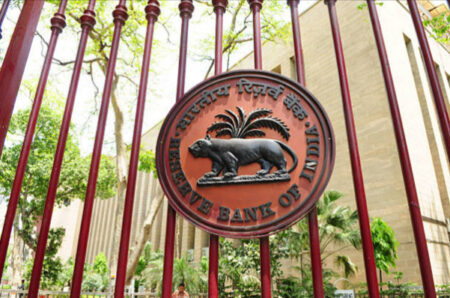On 1 February 2022, Finance Minister Nirmala Sitharaman announced the budget for the financial year 2022-23. The country was in shock when FM announced that from this year onwards, crypto tax.
Now, India has become one of the few countries to tax digital assets like cryptocurrencies and Non-fungible Tokens (NFTs).
As per new rules, there will be a 30% tax on the transfer of crypto and NFTs. The finance minister has clarified that taxing digital assets does not mean that they are legal and such transfers are legitimate. But industry watchers believe that tax policy is likely to be the first step towards crypto regulation in India.
Section 2 (47A) Of the Financial Bill defines virtual digital assets (VDA) as any information, code, several tokens generated through cryptographic means and otherwise. The definition covers cryptocurrencies in the form they are today and also the developments that can happen in the crypto ecosystem in the future.

Highlights
- Definition of VDAs
- Government not in favor of legalizing crypto
- Problems with the present framework of taxation
- There should be more clarity on crypto law
Why the government has decided to tax crypto rather than legalize it
According to crypto investors, had the government treated bitcoin earnings as capital gains, it would have been more profitable in investing in crypto. But the Parliament has decided to tax it in the highest slab.
The government has decided to impose taxes on the highest slab for digital assets such as cryptocurrencies and NFTs to dissuade people from investing in them because they are “highly speculative and volatile,” Rajya Sabha MP and BJP leader Sushil Modi said in Parliament on Tuesday.
Since trading in crypto is a new phenomenon in India, the government has anxieties about legalizing cryptocurrencies. Both the Parliament and Reserve Bank of India are against giving the status of legal tender to cryptocurrencies. Instead, RBI is planning to launch RBI Digital currency this year.
How the government will tax Virtual Digital Assets
Finance Minister has said in Parliament that if someone is using digital assets, i.e., crypto, s/he will have to pay 1% TDS on it. Any loss taking place in the transfer of digital assets could not be offset against other sources of income. Also, there would be no exemption from taxation except for the cost of acquisition.
For example, if a person has bought a cryptocurrency for Rs. 2000 and sold it for Rs. 3000, then the person will have to pay 30% (here Rs. 300) tax on profit, i.e., Rs. 1000.
This new cryptocurrency tax will commence from 1 April 2022.

Reactions of people
Indians have given mixed reactions to the 30% tax on cryptocurrency income. For some, it is the first step towards legalizing crypto in India. Whereas for others, it is like choosing between two Evils- either pay 30% tax, else there would be a complete ban on crypto. They believe that such high tax will discourage people to invest in Virtual Digital Assets.

Problems with the present framework of the law
The framework for taxing cryptocurrencies in India needs to be looked upon. By nature, the law on something cannot legitimize it. The government plans to apply the rules, even when there is no clarity on the regulations. As per law, all NFTs will not be taxed. Only those Non-Fungible Tokens, which will be covered under Virtual Digital Assets, will be taxed. The government will specifically notify about such NFTs.
According to the experts, reward points earned by credit and debit cardholders can also be taxed because of the broad definition of Virtual Digital Assets defined in the law. Although it is not taxed, cardholders can be the unintended victim of this framework.
What government can do to make the framework clearer and more robust
Government must confirm whether the reward points, sometimes in the form of coins, earned by cardholders will be taxed on not. Government should clarify the legitimacy of cryptocurrencies as legal tender. There is a lot of skepticism about the taxation of Non-Fungible tokens because the government has not described which NFTs will be taxed and which will be not.
Government should notify the features of NFTs which will be taxed as this uncertainty about NFTs also affects the market. Goods and Service Tax aims to act like an umbrella tax covering all the indirect taxes. Therefore, the government should take steps to bring crypto tax under GST laws so that investors can have more tax clarity.
Edited By- Mahi Gupta
Published By- Pawan Rajput












